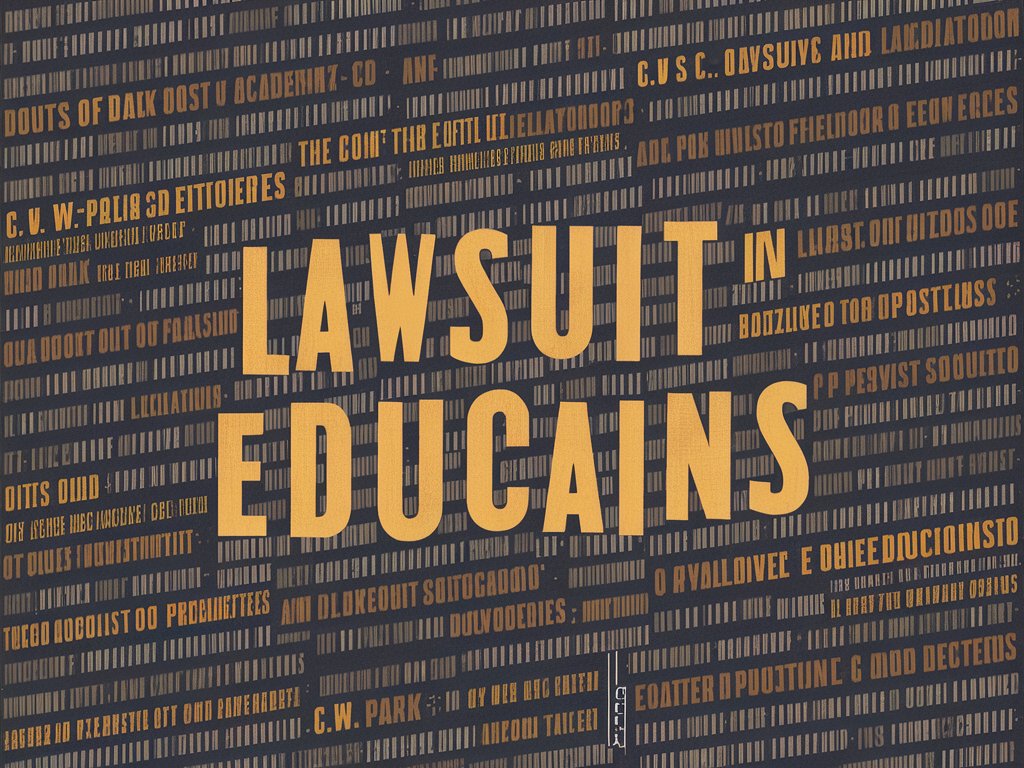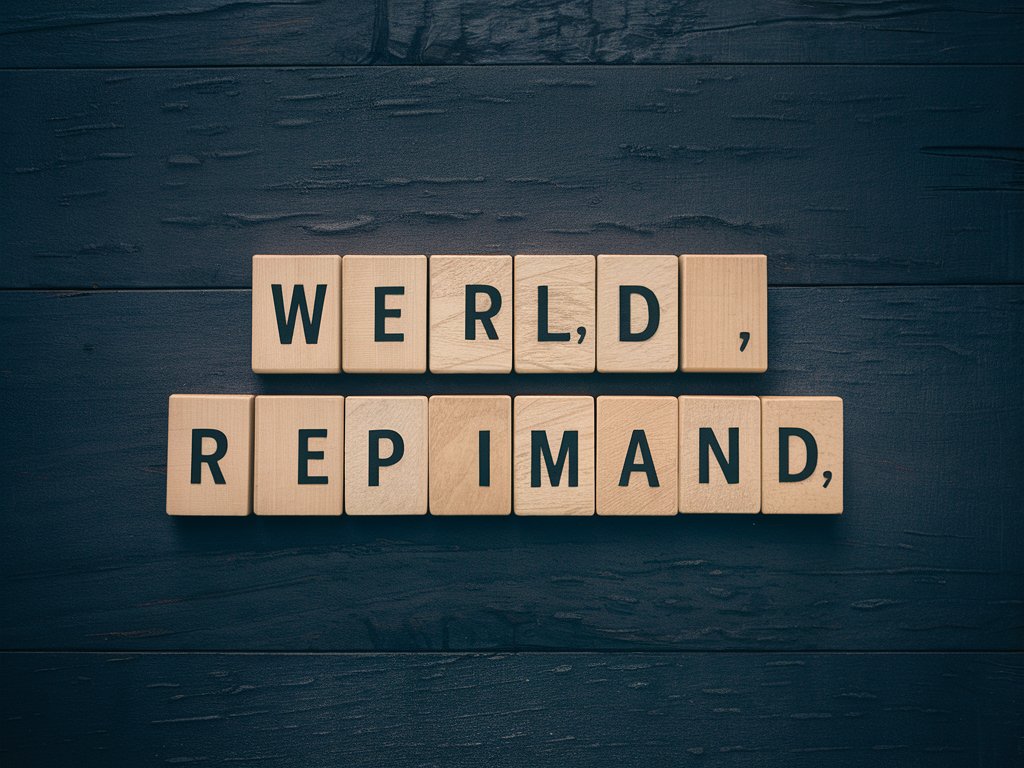Lawsuits in academia are common. The case between C.W. Park and USC is getting a lot of attention. This blog post looks at a lawsuit, the people involved, and what it means for academic freedom and workplace relationships. We’ll break down the timeline, the allegations, and what this case means for the future of higher education.
Who is C.W. Park?
A Renowned Academic
C W Park USC Lawsuit is a distinguished professor and a leading figure in the field of marketing. With an illustrious career spanning several decades, Park has been instrumental in shaping contemporary marketing theories and practices. He has published his work in many respected journals and has received many awards for his academic contributions.
Contributions to USC
Park joined the USC Marshall School of Business with the promise of enhancing its academic reputation. His research and knowledge were expected to bring new perspectives and boost the institution’s reputation in academia.
The Lawsuit: A Chronological Overview
Initial Disputes
Early reports suggest that there were ongoing disputes between Park and the USC administration regarding academic policies and workplace environment. These disagreements gradually escalated, leading to increased tension.
Filing the Lawsuit
In [Year], C.W. Park filed a lawsuit against USC, alleging various forms of misconduct. The lawsuit claimed that USC had engaged in discriminatory practices, breached contractual obligations, and created a hostile work environment.
Key Allegations
Discrimination: Park’s lawsuit asserts that he faced discrimination based on his ethnicity and age. He claimed that younger, less experienced faculty members received preferential treatment, which adversely affected his professional standing and opportunities.
Breach of Contract: Park argued that USC failed to honor certain contractual commitments related to research funding, teaching assignments, and support for his academic endeavors.
Hostile Work Environment: The lawsuit detailed incidents where Park was allegedly subjected to unfair treatment, intimidation, and professional sabotage, creating a hostile work environment that hindered his ability to perform his duties effectively.
USC’s Response
Denial of Allegations
USC categorically denied the allegations made by Park. The university’s legal team stated that all actions taken were in accordance with institutional policies and that Park’s claims were unfounded.
Defense Strategies
USC’s defense focused on demonstrating that Park’s treatment was not discriminatory and that any perceived breaches of contract were either misinterpretations or instances of standard administrative procedures. The defense also aimed to show that the work environment at USC was conducive to academic excellence and did not single out Park unfairly.
The Legal Proceedings
Pre-Trial Motions
The pre-trial phase saw a flurry of motions from both sides. Park’s legal team sought to admit various pieces of evidence, including email correspondence and testimonies from colleagues, to substantiate his claims. USC’s attorneys filed motions to dismiss certain aspects of the case and to limit the scope of the lawsuit.
Trial Highlights
The trial itself was marked by dramatic testimonies and intense cross-examinations. Key witnesses included fellow faculty members, administrative staff, and experts in academic employment practices.
Park’s Testimony: Park provided a detailed account of his experiences, highlighting specific incidents that he believed demonstrated discrimination and hostility.
USC’s Witnesses: The university called on administrators and faculty members to testify about their experiences and interactions with Park, aiming to refute his claims.
Media Coverage
The lawsuit attracted significant media attention, with various news outlets covering the proceedings extensively. The high-profile nature of the case, involving a prominent academic and a leading university, ensured that it remained in the public eye.
Broader Implications
Academic Freedom
One of the central themes of the lawsuit is the issue of academic freedom. Park argued that the alleged discriminatory practices and hostile work environment infringed upon his ability to conduct research and express academic opinions freely.
Workplace Dynamics in Academia
This situation also illuminates the intricacies of professional interactions within educational establishments. It raises important questions about how universities manage faculty relations, handle conflicts, and ensure equitable treatment for all staff members.
Impact on USC
Allegations of discrimination and a hostile work environment have prompted calls for the university to review its policies and practices to ensure they align with principles of fairness and inclusivity.
Perspectives from the Academic Community
Support for Park
Many in the academic community have expressed support for Park, viewing his lawsuit as a courageous stand against systemic issues within higher education. These supporters argue that Park’s case highlights the need for greater accountability and transparency in university administration.
Criticism of Park
Some critics say Park is exaggerating or making false claims. They think he might be suing because of personal issues, not real worries about discrimination or contract violations.
Neutral Observers
Neutral observers emphasize the importance of due process and a fair trial. They advocate for a thorough examination of the evidence and caution against drawing premature conclusions about the case.
Also Read: Meet the Mystery Muse: Bruce Wilpon’s Wife
The Verdict and Its Aftermath
Court’s Decision
The court’s decision in the C.W. Park vs. USC lawsuit was a pivotal moment. The verdict addressed the key issues of discrimination, breach of contract, and hostile work environment, providing a resolution to the legal battle.
Discrimination Claims: The court’s ruling on the discrimination claims was closely watched, as it had implications for how similar cases might be handled in the future.
Contractual Issues: The decision also clarified the legal interpretations of contractual obligations between faculty members and academic institutions.
Work Environment: The court’s findings on the hostile work environment allegations were significant for establishing standards of workplace conduct in academia.
Reactions to the Verdict
The reaction to the verdict was mixed, with various stakeholders expressing differing views.
Park’s Reaction: Depending on the outcome, Park might have felt vindicated or disappointed. His response likely included statements about the broader issues highlighted by his case.
USC’s Response: USC’s administration responded to the verdict by reiterating their commitment to upholding high standards of equity and professionalism.
Academic Community: The broader academic community reacted with a mix of support, criticism, and calls for further discussion about the issues raised by the lawsuit.
Lessons Learned
Policy Reforms
The lawsuit prompted calls for policy reforms within USC and potentially other academic institutions. These reforms might include:
Improved Grievance Mechanisms: Enhancing the processes through which faculty members can report and resolve disputes.
Diversity and Inclusion Initiatives: Strengthening programs aimed at promoting diversity and preventing discrimination.
Transparency in Administration: Increasing transparency in decision-making processes related to faculty contracts and promotions.
Future Legal Precedents
The C W Park USC Lawsuit set important legal precedents for future cases involving academic disputes. The court will likely influence how similar cases are adjudicated through its rulings on issues like discrimination, contractual obligations, and workplace environment.
Conclusion
The C W Park USC Lawsuit is more than just a legal battle. It also highlights the challenges and intricacies within academia. The case sheds light on the complexities that can arise in academic settings. It demonstrates the struggles that can occur between individuals and institutions in the academic world. By examining the details of this case, we gain insights into the dynamics of academic institutions, the importance of protecting academic freedom, and the need for fair and equitable treatment of faculty members.


